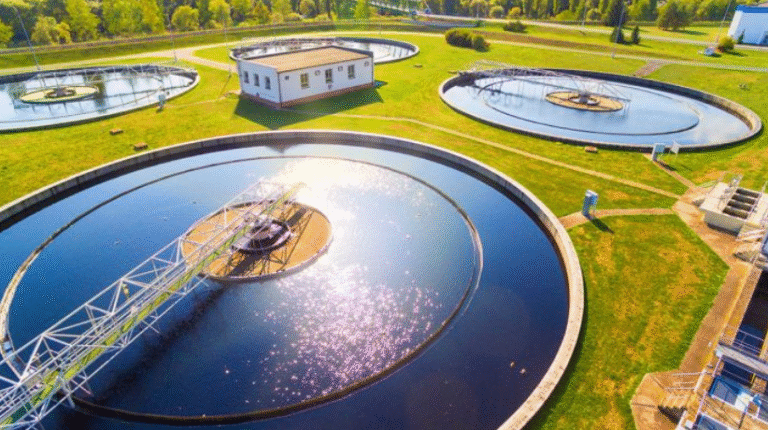How Tech Is Helping Combat Climate Change
Technology is increasingly recognized as a crucial ally in the fight against climate change. Innovations in renewable energy sources are transforming the energy landscape, while smart agriculture practices are enhancing efficiency in food production. Additionally, advances in carbon capture are addressing greenhouse gas emissions directly. This multifaceted approach raises important questions about the future of sustainability and the role of technology in shaping it. What implications do these developments have for global policies and individual actions?
Renewable Energy Innovations
As the urgency of climate change intensifies, innovations in renewable energy are emerging as pivotal solutions to reduce carbon emissions and transition to sustainable energy systems.
Solar power technology advances, enabling more efficient energy capture and storage. Simultaneously, the development of wind turbines is enhancing energy generation capabilities, providing a cleaner alternative.
Together, these innovations promise greater energy independence and a sustainable future for all.
Smart Agriculture Technologies
While the agricultural sector faces increasing pressure to meet the demands of a growing population and combat climate change, smart agriculture technologies are emerging as transformative tools.
Precision farming enhances resource efficiency through data-driven insights, optimizing inputs like water and fertilizers.
Meanwhile, vertical farming maximizes space utilization, enabling sustainable food production in urban areas, ultimately contributing to a more resilient and eco-friendly agricultural landscape.
See also: How Tech Is Enabling More Accessible Healthcare
Advances in Carbon Capture
How effectively can advances in carbon capture mitigate the impacts of climate change?
Innovations in direct air capture technology present promising solutions for reducing atmospheric CO2 levels. By efficiently extracting carbon dioxide and enabling carbon utilization in various industries, these advances contribute to sustainable practices.
As such technologies evolve, they hold the potential to significantly decrease greenhouse gas emissions, paving the way for a cleaner future.
Data Analytics for Sustainability
Data analytics plays a crucial role in advancing sustainability efforts, enabling organizations to make informed decisions based on comprehensive insights derived from vast amounts of data.
By leveraging data visualization techniques, stakeholders can easily interpret complex information.
Furthermore, predictive modeling allows for the anticipation of future trends, facilitating proactive measures in resource management and environmental protection, ultimately promoting a more sustainable future.
Conclusion
In conclusion, the intersection of technology and environmental stewardship is fostering a remarkable synergy in the fight against climate change. As renewable energy solutions gain traction, coinciding with breakthroughs in smart agriculture and carbon capture, a holistic approach to sustainability emerges. This convergence not only highlights the innovative potential of human ingenuity but also underscores the urgent need for collective action. Ultimately, these advancements offer a beacon of hope, illuminating a path toward a resilient and sustainable future for our planet.




